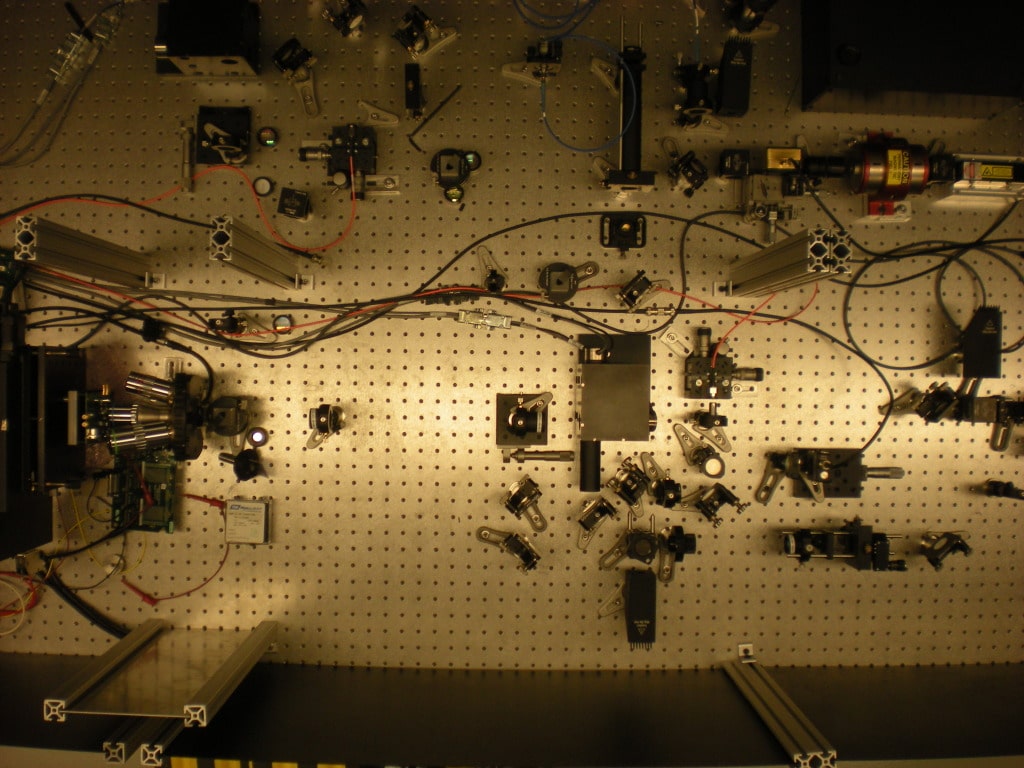The U.S. Defense Advanced Research Projects Administration (DARPA) announced on Wednesday that advanced software and equipment it developed to spot counterfeit microelectronics in U.S. weapons and cyber security systems has been handed over to military contractors to continue development. DARPA said the product of its Integrity and Reliability of Integrated Circuits (IRIS) program: the Advanced Scanning Optical Microscope (ASOM) technology was transferred to the Naval Surface Warfare Center (NSWC) in Crane, Indiana, where it will be used to inspect microelectronics for signs of tampering or compromise. The technology was developed with the help of SRI International, an IRIS contractor. Read more Security Ledger coverage of supply chain risks. “The ASOM technology housed at NSWC Crane will help engineers provide forensic analysis of microelectronics, including integrated circuits (IC) confiscated by law enforcement officials,” DARPA said in a statement. The DoD is a major buyer of integrated circuit chips, which are mainly manufactured outside the U.S. […]
contractors
Senate Report Warns of Attacks on Military Transport Contractors
A Senate Armed Services Committee investigation has found evidence that hackers associated with the Chinese government compromised the computer systems of U.S. Transportation Command contractors at least 20 times in a single year. The attacks pose a serious risk to the system that moves military troops and equipment. The Committee released the report on Wednesday. (PDF copy here.) It presented the results of a year-long investigation of U.S. Transportation Command, or “TRANSCOM,” found a serious gap in awareness and reporting requirements. TRANSCOM was only aware of two of the 20 intrusions, while U.S. Transportation Command remained mostly unaware of the computer compromises of contractors during and after the attacks. “These peacetime intrusions into the networks of key defense contractors are more evidence of China’s aggressive actions in cyberspace,” said Sen. Carl Levin, D-Mich., the committee’s chairman in a published statement. “Our findings are a warning that we must do much more to protect strategically significant […]


